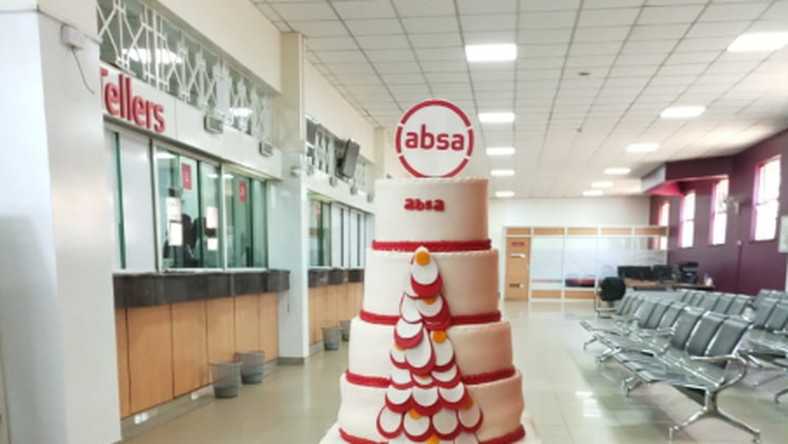Barclays Bank Kenya has successfully changed its name to Absa Bank Kenya marking an end to centuries of the domination of the banking sector by British banks. This follows the acquisition of Barclays Plc operations in Africa in 2017 by Absa Bank of South Africa in restructuring by the London-based lender.
These are some of the changes experienced in several countries across Africa as the Absa brand cements its presence in the continent, a market that was firmly held by Barclays brand for almost a century. Similar changes have happened in Ghana, Botswana, Seychelles and Tanzania.
With these changes, the bank is knocking doors in one of the biggest global lenders, the Multi Investment Guarantee Agency (MIGA) with an aim of creating a broader investment base for individual banks in several African countries.
Different Central Banks in the region require commercial banks to have a minimal investment base to enable them to handle commercial activities without cash flow interruptions. The reserve requirement or cash reserve ratio is a central bank regulation employed by most of the world’s central banks, that sets the minimum amount of reserves that must be held by a commercial bank.
The minimum reserve is generally determined by the central bank to be no less than a specified percentage of the number of deposit liabilities the commercial bank owes to its customers.
Towards this, MIGA, a member of the World Bank Group, has issued US$497 million in guarantees to Absa Group Ltd. to help expand financing across seven countries in Sub-Saharan Africa.
The guarantees are for up to 15 years on Absa’s investments into its subsidiaries in Ghana, Kenya, Mauritius, Mozambique, Seychelles, Uganda, and Zambia.
While essential for regulatory reasons, reserves held with central banks consume consolidated capital and do not generate income for subsidiaries and their international parent,” MIGA Executive Vice President Hiroshi Matano said. “MIGA is freeing up risk capacity associated with the reserves and helping make more financing available for corporates and small and medium enterprises.”
The guarantees provide coverage on mandatory reserves held by the domestic subsidiaries in their respective central banks. MIGA’s coverage reduces the regulatory risk weighting of mandatory reserves on a consolidated level, thereby freeing up capacity and enabling the subsidiaries to provide additional domestic lending. The subsidiaries are expected to increase financing for corporates and SMEs, and on projects with potential climate co-benefits.
Central Bank of Kenya (CBK) cash reserve ratio (CRR) stands at 5.25 percent.
We are pleased to work with MIGA. Their guarantees allow us to provide additional funding in our subsidiaries in Ghana, Kenya, Mauritius, Mozambique, Seychelles, Uganda and Zambia. We are a founding signatory to the UN’s Principles of Responsible Banking and aim to play a shaping role in society, to enable sustainable economic development in our presence countries and to increase our funding to environmental and sustainable opportunities,” said Jason Quinn, Absa Group Financial Director.
Last year, UK commercial lender CDC also announced a US $75 million risk-sharing facilities with Absa Group being one of CDC’s largest trade finance commitments in Africa. CDC’s facility will support Absa to increase its lines of credit to other banks across Africa.
Subsequently, these banks can increase their trade finance offering to thousands of local business clients. This facility will also enable Absa to expand its network of local banks, particularly into the harder to reach African markets where trade finance will help fuel economic prosperity.
The bank also announced the acquisition of a syndicated loan from Bank of America Merrill Lynch and Standard Chartered Bank amounting to $ 500 million to fund the growth of Absa’s US dollar lending both in South Africa and its other regional operations.
